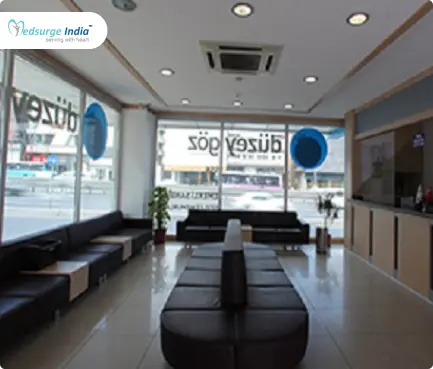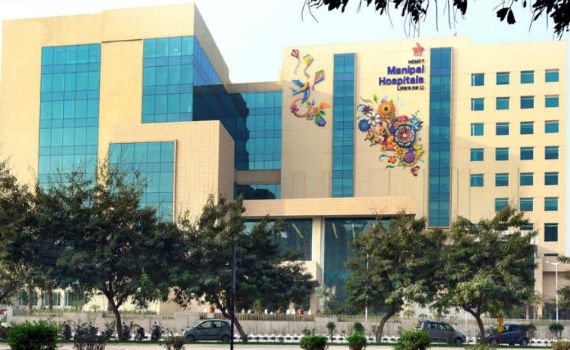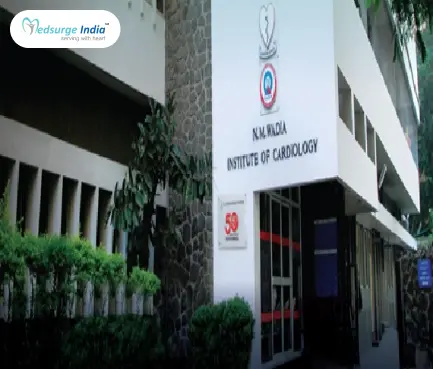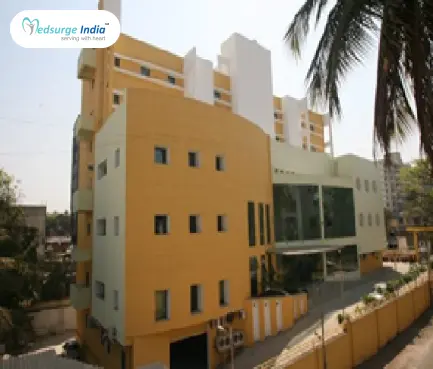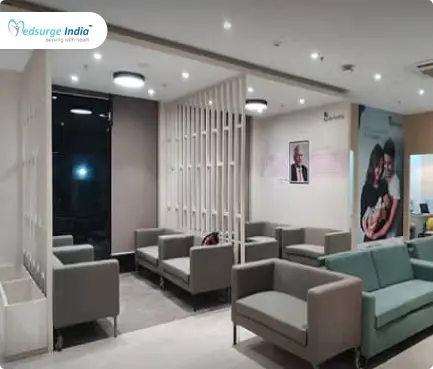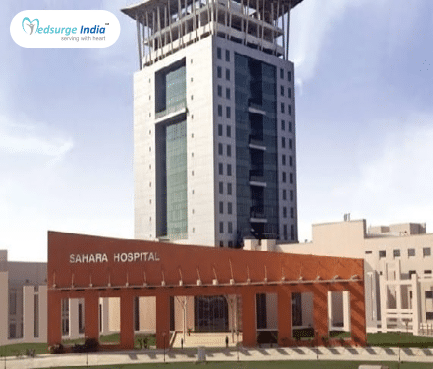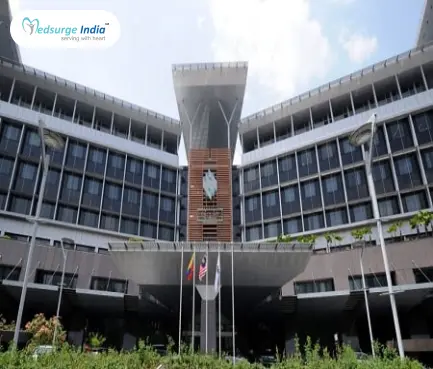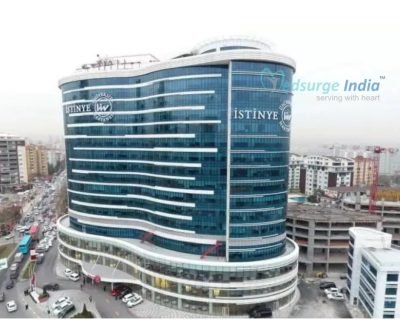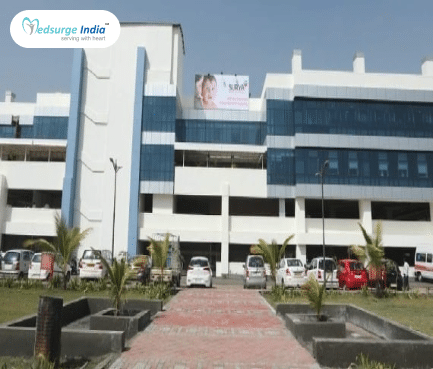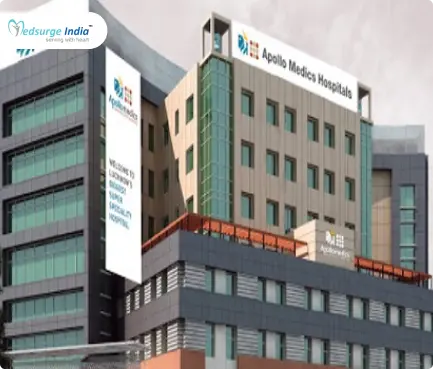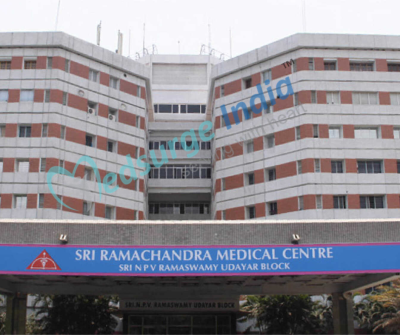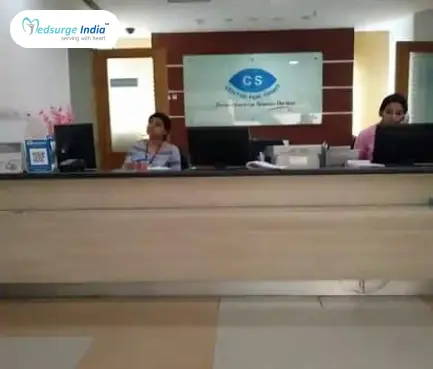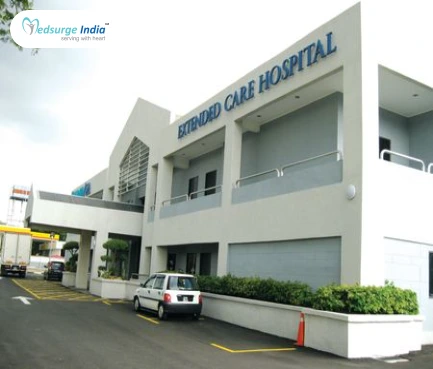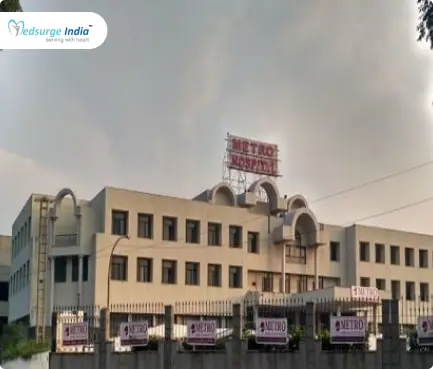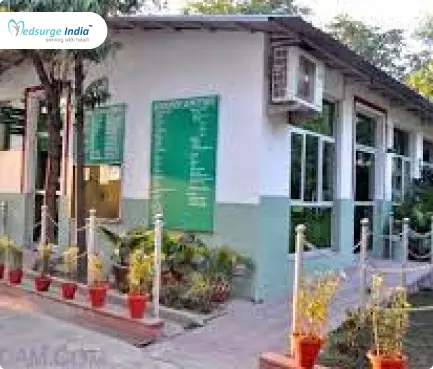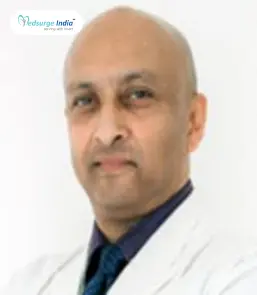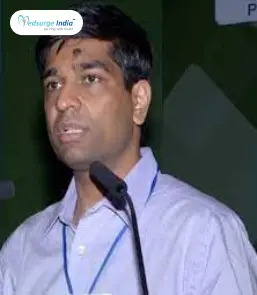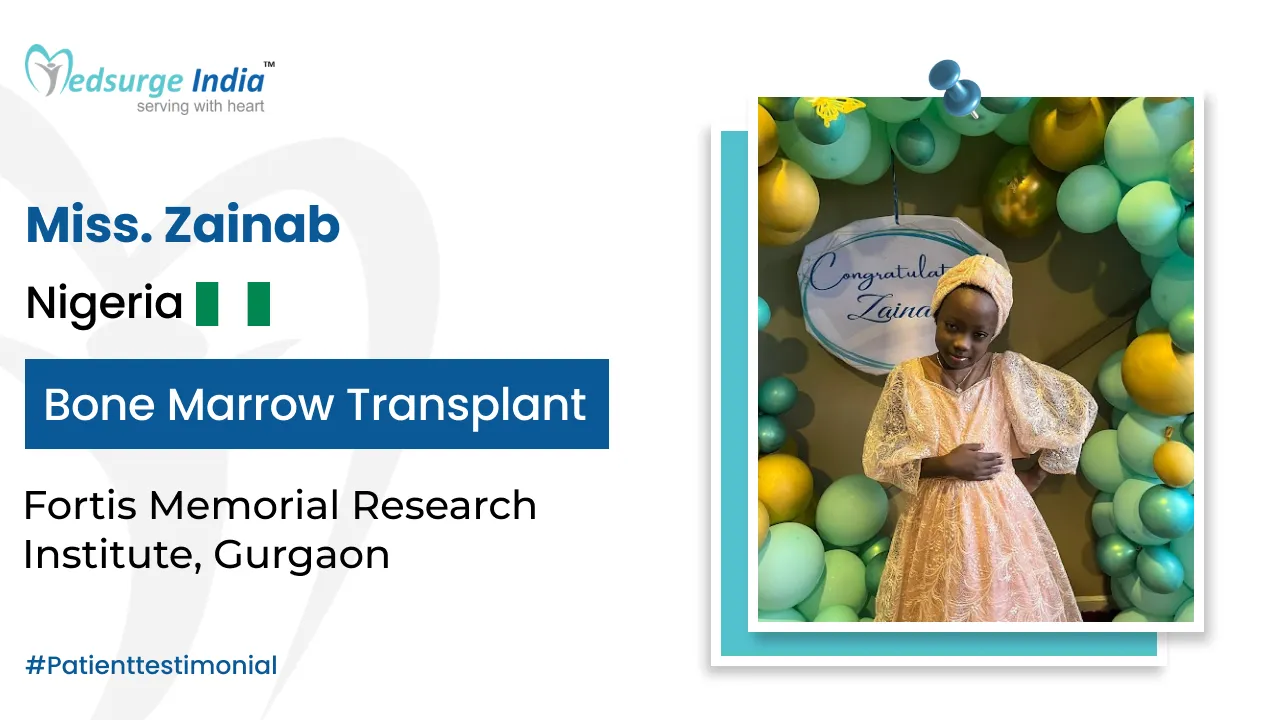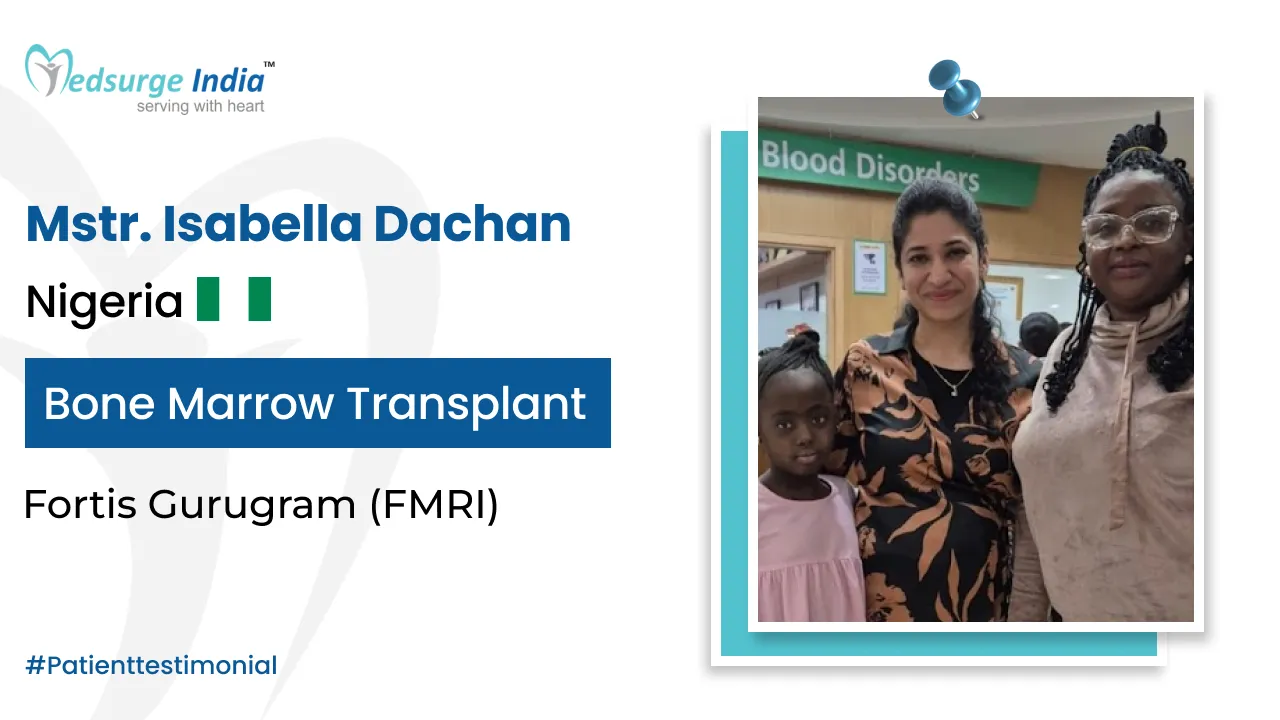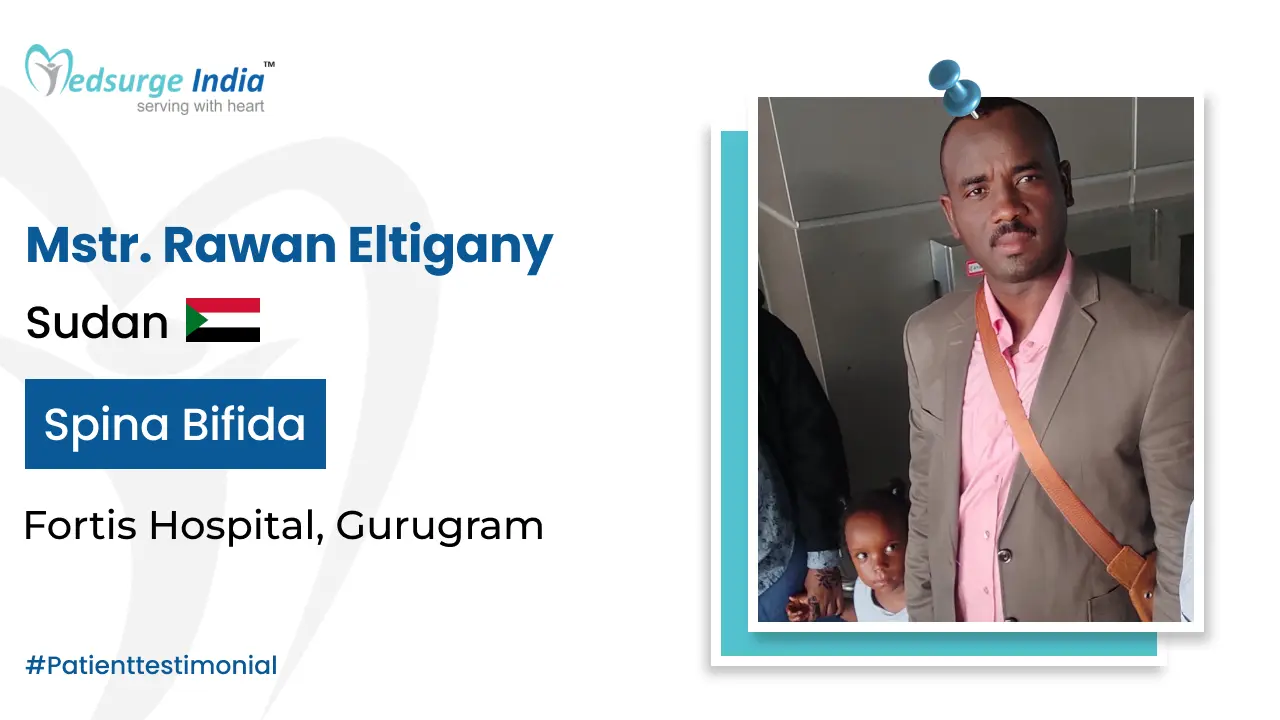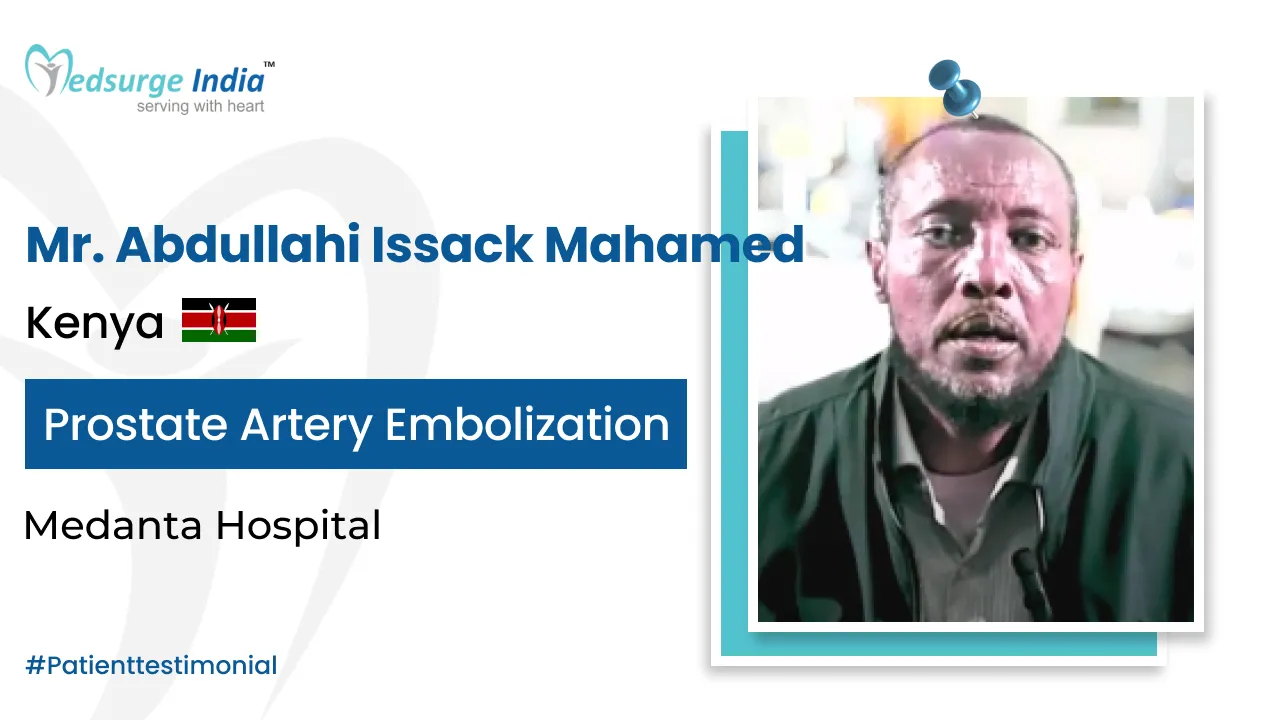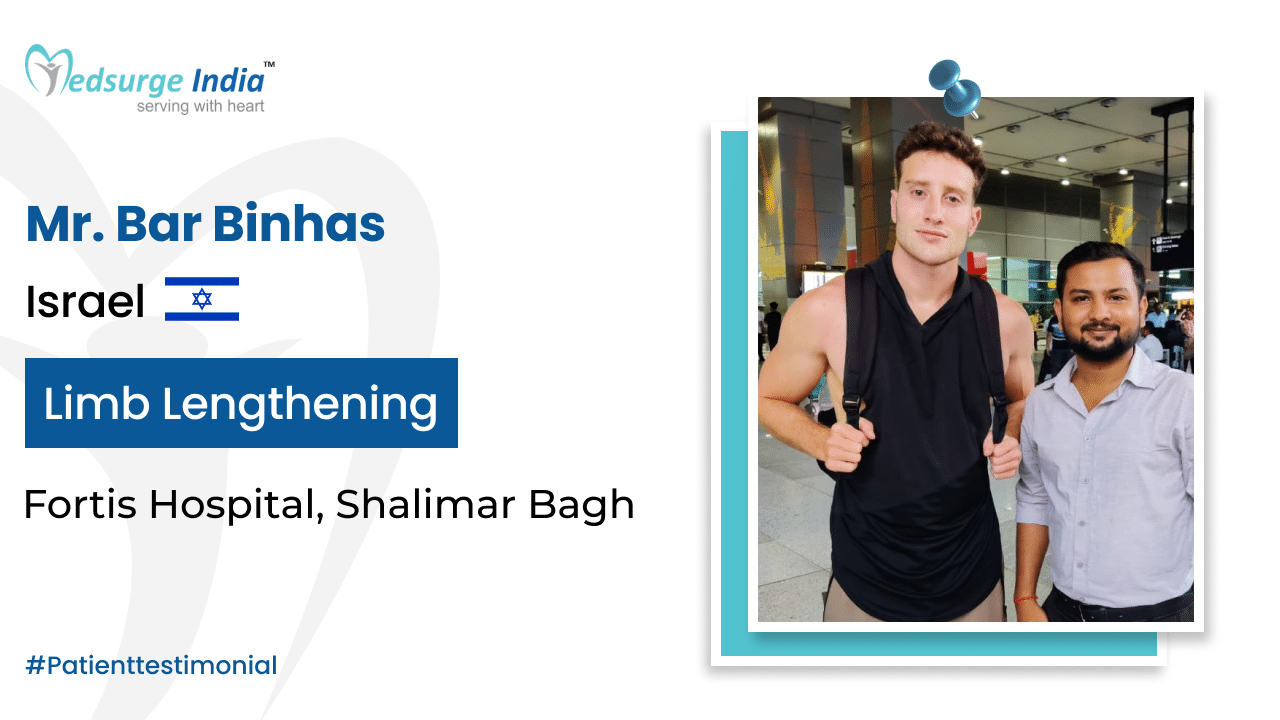
As individuals age, the natural lens of the eye can become cloudy and opaque, resulting in a condition known as cataract. If left untreated, cataracts can lead to significant vision impairment or even blindness, making them the primary cause of blindness globally. Fortunately, cataract eye surgery offers an effective solution to this issue.
Cataract Surgery Cost in India are significantly lower than in other countries, including the United States, the United Kingdom, Germany, and others, and the quality of healthcare is also much better. The greatest facilities are accessible with reasonable healthcare packages, premium medical tools, and the assurance of first-rate medical professionals for people traveling for Cataract Surgery in India.
Cataract Surgery Cost in India
Cataract Surgery Cost in India can vary from around Rs 15,000 to Rs 1,27,000 ($600 to $1500) depending on the type of surgery, the hospital, and the lens used:
- Phacoemulsification Cataract Surgery: Costs around $400 to $800.
- Femtosecond Laser-Assisted Cataract Surgery- FLACS: Costs around $600 to 1500 USD.
- Manual Small Incision Cataract Surgery- MSICS: Costs around $200 to $500.
- Microincision Cataract Surgery: Costs around $700 to $800.
- Monofocal lens: Costs around $200 to $700.
- Multifocal lens: Costs around $700 to $1200.
- Toric lens: Costs around $350 to $750.
- EDOF lens: Costs around $700 to $1200.
Other factors that can affect cataract surgery cost in India, include the age of the patient, their previous eye procedure history, and the severity of their cataracts.
Cataract Surgery Cost in India Vs Other Countries
| Countries | Prices |
| India | $600 to $1500 |
| United State | $3500 to $7000 |
| United Kingdom | $4000 to $8000 |
| Australia | $450 $3000 |
| Russia | $500 to $900 |
Key Factors That Can Affect Cataract Surgery Cost in India
Cataract surgery cost in India can vary based on several factors, including:
- Location: Cataract surgery cost in India can vary based on the city or locality where the hospital is located. Hospitals in metropolitan cities may be more expensive than those in smaller towns.
- Surgeon: The skill, reputation, and experience of the surgeon can affect the cost. Reputed surgeons may charge more.
- Technology: Hospitals with the latest technology and equipment may charge more.
- Type of surgery: The type of treatment procedure, such as laser or micro-incision cataract surgery, can affect cataract surgery cost in India.
- Intraocular lens (IOL): The type of IOL that is implanted in the eye can affect the cost of cataract surgery in India. Some IOLs are more expensive than others.
- Medication: The eye specialist will prescribe medications and eye drops before and after surgery, which will add to the total cost of Cataract surgery in India.
- Complications: If the surgery requires hospitalization and observation due to complications, the cost may increase.
- Additional procedures: If other treatments or procedures are done in conjunction with the cataract surgery, the cost can increase.
What Do You Mean By Cataract?
A cataract is an eye ailment where the lens of the eye gets hazy and damaged, causing blurred vision. One or both eyes may be impacted. In an effort to restore vision clarity, cataract surgery involves removing the eye’s clouded natural lens and replacing it with an artificial intraocular lens. It is one of the most popular and effective operations performed worldwide. More than 98% of attempts are successful. Since this operation is outpatient, patients are free to leave the hospital after surgery.
Who Needs Cataract Surgery?
If cataracts in one or both eyes are causing vision problems that hinder your daily activities, surgical intervention may be required. Additionally, if your optometrist needs to assess the back of your eye to address any specific eye conditions, they may recommend cataract surgery as well.
- Macular deterioration is brought on by aging.
- Retinopathy brought on by diabetes.
It’s crucial to understand that vision loss caused by these other illnesses cannot be treated by cataract surgery. It only helps with cataract-related visual loss.
What are the Signs And Symptoms?
As you age, your risk of developing cataracts increases, and they often worsen over time.
Early lens alterations don’t significantly impede vision and don’t call for surgery. Usually, when cataracts start visibly impairing your eyesight, a specialist will advise surgery. A symptom that you could require cataract surgery is difficulty performing routine tasks like driving, reading, or seeing in bright light.
Following are some specific ways cataracts might affect your vision:
- Reduced visual clarity
- Colors appear faded
- Sensitivity to light, glare
- Usual changes to eyeglass remedy
- Blurry or cloudy vision.
- Vision affected by small spots or patches
- Difficulty in reading.
Congenital cataracts are those that are present from birth. One of the main factors contributing to childhood blindness is congenital cataracts. However, if surgery is done before a child is 6 weeks old, they typically have a satisfactory outcome.
What are the Methods Used in Cataract Surgery in India?
There are two main techniques for performing cataract surgery:
1. Micro-Incision Cataract Surgery:
This is the more frequently utilized method, where the surgeon makes a small incision in the cornea. A specialized instrument known as a probe is introduced through this incision. The probe uses ultrasound waves to break the cataract lens into smaller pieces, which are then extracted. Once the damaged lens is removed, an artificial lens is implanted in its place.
2. Extracapsular Surgery:
This technique involves making a larger incision in the cornea to allow for the removal of the entire cloudy lens core in one piece. The remaining lens material is then suctioned out. Extracapsular surgery is often selected when financial factors significantly influence the surgical choice.
How it is Diagnosed and Evaluated?
Patient background & clinical evaluation are performed on the lookout for signs, symptoms, and some other related risk factors. Eye tests performed are:
- Visual acuity test: it’s done to analyze how clearly and correctly an individual can see.
- Slit-lamp examination: it’s a technique to observe the eyes via an illuminated slit mild.
- Retinal examination: The eye is dilated to have a bigger view of it.
How Cataract Surgery is Performed?
In order to be prepared for your cataract surgery, you’ll probably need to take a few actions. You’ll receive detailed instructions from your eye specialist.
Before Your Procedure
- Visit a vision specialist: Your eye doctor will do certain tests to gauge your eye’s size and shape around a week before to surgery. These examinations assist your ophthalmologist in selecting the best intraocular lens (IOL).
- Apply specialized eye drops: To assist prevent an infection in your eye, your eye doctor may advise using these eye drops.
- Put some medications on hold: Inform your ophthalmologist of any medications you take. Your eye doctor might ask you to temporarily cease taking any medications if they could make you bleed during the procedure.
- Avoid eating or drinking the previous night: Before your procedure, your eye doctor may advise you to refrain from eating and drinking for a few hours.
- Your eyelashes and lids should be cleaned: The night before and the morning of your surgery, your eye doctor may instruct you to wash your eyelids and eyelashes with baby shampoo to get rid of any bacteria that could result in an infection.
During Surgery
Your eye surgeon will remove the clouded lens from your eye during surgery and replace it with an intraocular lens, or IOL. The procedure takes about an hour and is essentially painless.
You will often be awake throughout cataract surgery. Although you won’t be able to see what your doctor is doing, you could notice lights or movement. Your eye doctor may prescribe medication to keep you quiet and relaxed throughout the procedure. Following this procedure, your eye surgeon will:
- To avoid feeling anything, place numbing drops in your eyes.
- Cut into your eye with microscopic instruments, separate the lens, and remove it.
- Put the new contact lens in your eye.
- You will need to spend some time relaxing in a recovery area outside the operating room after your eye doctor has implanted your new lens. The medical staff will make sure you don’t have any eye issues before sending you home.
After Surgery
After cataract surgery, your eye doctor will explain how to preserve your eye. You’ll be given eye drops to aid in the healing of your eye, and you might need to wear glasses or a special eye shield. Additionally, you might need to refrain from certain actions for a few weeks, such as touching your eye, stooping, or lifting heavy objects.
You might notice that your eye is a little scratchy, uneasy, and sensitive to light and touch. Your eye should feel better in a day or two.
If you experience any of these issues following surgery, please contact your eye doctor straight away:
- Loss of vision
- Even when you take medication for it, a bad ache persists
- Quite red eyes
- Floaters are light flashes, numerous tiny dark spots, or squiggly lines that move across your field of view.
- Eight weeks after surgery, the majority of patients are fully recovered. Checkups will be scheduled by your eye doctor to ensure that your eye is healing properly.
What are some Complications of Cataract Surgery?
Cataract surgery is quite secure, but complications may occur with any surgical procedure, complications are usually rare and can be treated, and these include:
- Bleeding
- Infection
- Fall of a segment of the cataract into the eye
- A shift of the intraocular lens
- Glaucoma
- Retinal disengagement
- Blindness is a rare complication of cataract surgery.
Helpful – Diabetic Retinopathy Treatment Cost in India
Why Do Individuals Prefer to Have Cataract Surgery in India?
The country has some of the best medical care facilities and services in Asia, making medical tourism in India very popular. The best Hospitals for Cataract Surgery in India provide all types of disease-related surgeries using advanced technology. Also, the price for Cataract Surgery in India is much more affordable as compared to other states or nations around the world. An international patient can expect to pay 50-60% less for Cataract Surgery in India.
The best hospitals that perform Cataract Surgery in India provide comprehensive appropriate treatment, including comprehensive pre-operative evaluations, minimally invasive surgical options, and post-operative rehabilitation programs. Patients can expect personalized treatment, individualized attention, and compassionate care at these medical facilities. Top international organizations such as the National Accreditation Board for Hospitals and Healthcare Providers (NABH) and the Joint Commission International (JCI) accredit the hospitals.
How Can Medsurge India Help?
Medsurge India serves as a distinguished support network for patients seeking medical professionals, healthcare institutions, and specialized therapies. Our team is dedicated to providing you with a curated list of accredited, reputable, and reliable doctors and medical facilities tailored to your specific health requirements. Additionally, we develop a treatment plan that aligns with your financial considerations and assist patients in securing travel authorizations, medical visas, and various other essential services.
Get Free Cost Estimation
The Most Important Frequently Asked Questions
Q: When is cataract surgery needed?
Cataract surgery is generally recommended when the cataracts cause blurry vision and begin interfering with daily activities such as driving, reading, or watching television.
Q: How long does cataract surgery take?
Cataract surgery usually takes 10-20 minutes, but with preoperative and postoperative monitoring, it might take 1-2 hours.
Q: Is cataract surgery painful?
Cataract surgery is performed under local anesthesia, and the procedure is not painful. Some people might feel mild pressure or discomfort, but it can be easily managed.
Q: Can a person with diabetes have cataract surgery?
Cataract surgery is safe for people with diabetes if their condition is well-controlled. The surgeon will suggest laser-assisted cataract surgery for precision and a low risk of complications.
Q: How to know if cataract surgery is successful?
The vision will get better and clear the next morning after the surgery, and continues to improve over the first several weeks. There will be no persistent pain, redness, or vision loss.
Top Hospitals for Cataract Surgery in India
Top Doctors for Ophthalmology
Dr. Sunil Moreker
Senior Consultant
Experience: 25 years of experience
Fortis Hiranandani Hospital, Vashi
Mumbai, India
Dr. Neeraj Sanduja
Senior Consultant
Experience: 20 years of experience
Fortis Memorial Research Institute, Gurgaon
Gurgaon, India
Dr. Abhilasha Baharani
Cataract Surgeon Consultant
Experience: 12 years of experience
Centre for Sight Eye Hospital, Basheerbagh, Hyderabad
Hyderabad, India
Dr. Syed Maaz Mohiuddin
Professor
Experience: 15 years of experience
Centre for Sight Eye Hospital, Basheerbagh, Hyderabad
Hyderabad, India
Dr. Neepa Dave Thakkar
Senior Consultant
Experience: 27 years of experience
Bombay Hospital & Medical Research Center, Mumbai
Mumbai, India
Dr. S.Bharti
Consultant
Experience: 39 years of experience
Bharti Eye Hospital, New Delhi
New Delhi, India
Dr. Amit Pandey
Consultant
Experience: 13 years of experience
Centre for Sight Eye Hospital, City Light Main Road, Surat.
Surat, India
Dr. Bhavini Jariwala
Consultant
Experience: 10 years of experience
Centre for Sight Eye Hospital, Rander Road, Surat
Surat, India
Dr. Anwar Mansuri
Consultant
Experience: 40 years of experience
Centre for Sight Eye Hospital, Navrangpura, Ahmedabad
Ahmedabad, India
Dr. Piya Sen
Consultant
Experience: 21 years of experience
AMRI Hospitals, Southern Avenue
Kolkata, India
Dr. Sudipto Pakrasi
Chairman
Experience: 43 years of experience
Medanta – The Medicity, Gurgaon
Gurgaon, India
Dr. Srikanth R
Consultant
Experience: 14 years of experience
Apollo Spectra Hospital, Alwarpet, Chennai
Chennai, India
Dr. Ajit Babu Majji
Senior Consultant
Experience: 26 years of experience
Centre for Sight Eye Hospital, Banjara Hills, Hyderabad
Hyderabad, India
Dr. Subodh Kumar Sinha
Consultant
Experience: 25 years of experience
Centre for Sight Eye Hospital, Sector 29, Gurgaon
Gurgaon, India
Dr. Dipangshu Basu Chaudhuri
Consultant
Experience: 20 years of experience
Centre for Sight Eye Hospital, Madhyamgram, Kolkata
Kolkata, India
Dr. Sumana J Kamath
Experience: 34+ years of experience
KMC Hospital, Hampankatta, Mangaluru
Mangaluru, India

